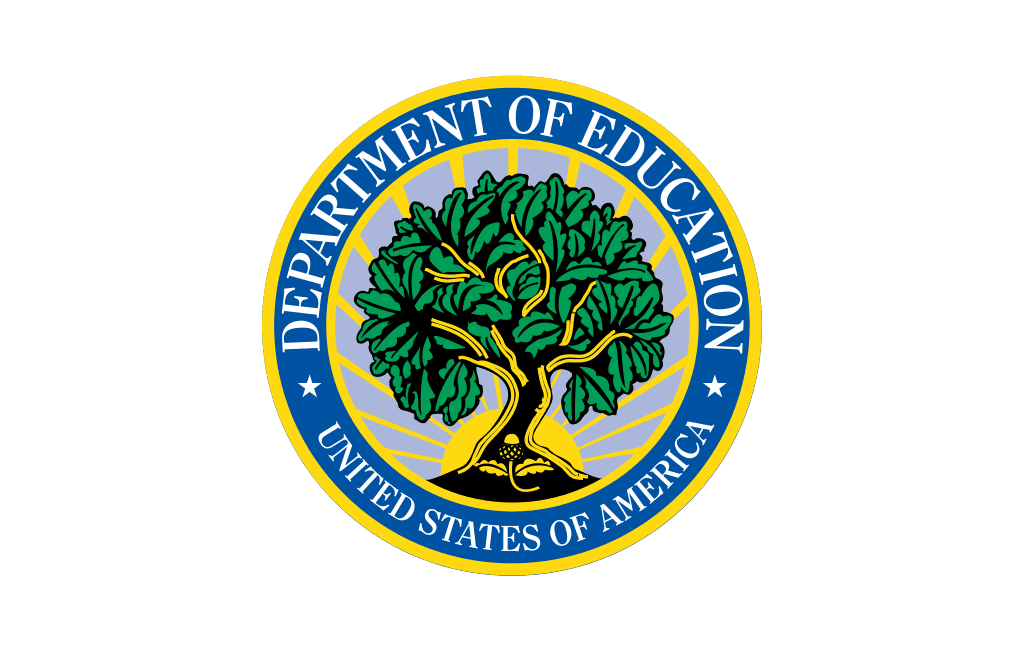The following is an excerpt of an article that was originally published on the Progressive.
The Department of Education has separate grant programs for funding either charter or community schools; the latter provides money for what schools and families really need, the former, not so much.
Two education-related grant programs operated by the U.S. Department of Education—both of which dole out millions in federal tax dollars for educating K-12 children every year—present two opposing truths about government spending on public education: that it can be wasteful and misguided, or innovative and informed.
The first program enjoys the significant backing of industry lobbyists and wealthy foundations, and allows private education operators—some that operate for-profit—to skim public money off the top. It also adds to racial segregation in public schools, and squanders millions of dollars on education providers that come and quickly go, or simply fail to provide any education services at all.
The second program helps schools expand learning time and opportunities for students, especially in high-poverty and rural communities; promote parent engagement; encourage collaboration with local businesses and nonprofits; and become hubs for child- and family-related services that contribute to students’ health and well-being.
These strikingly different outcomes result from two different intentions: the first program’s goal to promote a type of school that is vaguely defined versus the second’s goal to expand a way of doing school that is supported by research and anecdotal evidence.
The first grant program is the Charter Schools Program (CSP), which funds privately operated charter schools and their developers and advocacy organizations. The program, started during the Clinton Administration and greatly expanded during the Obama years, gives money directly to charter schools and to state education agencies and charter school-related organizations to distribute to new, existing, or proposed charters.
In October, the National Alliance for Public Charter Schools, the nation’s top lobbyist for the charter school industry, hailed the federal government’s release of $572 million in taxpayer dollars from the CSP, calling the money “the most essential funding to enable the existence of public charter schools.”
In New Mexico, local press outlets reported that a $52 million CSP grant went to a charter industry advocacy group called the Public Charter Schools of New Mexico, which in turn would award subgrants to individual charter schools. One reporter quoted the group’s leader who said, “There was a large application with several requirements in there. And we were scored based on, you know, how well we met the requirements and a peer review process.”
In Idaho, Idaho Ed News reported about the $24.8 million CSP grant going to Bluum, which the reporter called “a nonprofit charter support organization.” The grant is to be used “to grow and strengthen Idaho’s charter school network,” the article said.
Maryland’s top charter school industry booster, the Maryland Alliance of Public Charter Schools, celebrated its $28.7 million CSP saying it would provide “subgrants to open new charter schools and/or replicate and expand charter schools.”
Not all CSP grants went to advocacy groups. The largest—totaling $109,740,731—went to the Indiana Department of Education. According to Chalkbeat, one out of three charter schools in Indiana have closed since 2001.
A 2019 analysis conducted by the Network for Public Education, a pro-public schools advocacy group, found that over its lifespan CSP has wasted as much as $1 billion on charter schools that never opened or opened and quickly closed.
Another CSP grant of $37,579,122 went to the Minnesota Department of Education. In Minnesota, courts have grappled for years with the question of whether racial imbalances in public schools, caused to a great extent by the expansion of racially segregated charter schools, violate the constitutional right of students of color to receive an adequate education.
Other CSP grants went to credit enhancement for charter school facilities, essentially giving public money to real estate development firms and investment companies that finance and build new charter schools.
[…]
Jeff Bryant is a writing fellow and chief correspondent for Our Schools. He is a communications consultant, freelance writer, advocacy journalist, and director of the Education Opportunity Network, a strategy and messaging center for progressive education policy. His award-winning commentary and reporting routinely appear in prominent online news outlets, and he speaks frequently at national events about public education policy. Follow him on Twitter @jeffbcdm.
Photo Credit: Fry1989 / Wikimedia Commons

